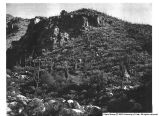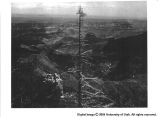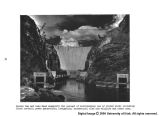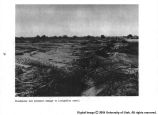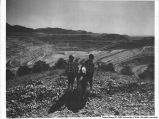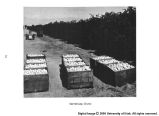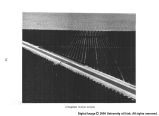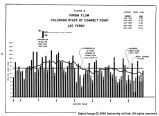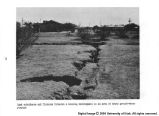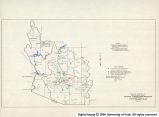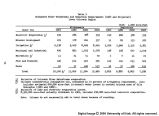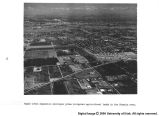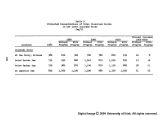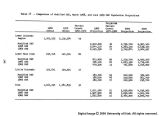| Title |
Lower Colorado Region Comprehensive Framework Study: Main Report 1971 |
| Creator |
Lower Colorado Region State-Federal Interagency Group; Pacific Southwest Inter-agency Committee |
| Subject |
Water resources development; Water |
| Spatial Coverage |
Arizona; Utah; Nevada |
| Publisher |
[Washington : U.S. Govt. Print. Off.], 1971. |
| Date |
1971 |
| Type |
Text |
| Format |
application/pdf |
| Digitization Specifications |
Pages were scanned at 400 ppi on Fujitsu fi-5650C sheetfed scanner as 8-bit grayscale or 24-bit RGB uncompressed TIFF images. For ContentDM access the images were resampled to 750 pixels wide and 120 dpi and saved as JPEG (level 8) in PhotoShop CS with Unsharp Mask of 100/.3. Foldout pages larger than 11" x 14" were captured using a BetterLight Super 8K-2 digital camera back on a 4x5 view camera (100mm Schneider APO lens). Oversize images were resampled to 1500 pixels wide. Optical Character Recognition (OCR) by ABBYY FineReader 7.0 with manual review. |
| Resource Identifier |
http://content.lib.utah.edu/cgi-bin/docviewer.exe?CISOROOT=/wwdl-doc&CISOPTR=4079 |
| Language |
eng |
| Relation |
Western Waters Digital Library |
| Rights Management |
Digital Image Copyright 2004, University of Utah. All Rights Reserved. |
| Contributing Institution |
S.J. Quinney Law Library, 332 South 1400 East, Salt Lake City, UT 84112-0730 |
| Source Physical Dimensions |
20.5cm x 28cm |
| Scanning Technician |
Backstage Library Works, 1180 S. 800 E., Orem, UT 84097 |
| Call Number |
GovDoc: Y3.P11/2:2C71; LC: TC425.C6 |
| ARK |
ark:/87278/s6t152zk |
| Setname |
wwdl_documents |
| ID |
1135029 |
| Reference URL |
https://collections.lib.utah.edu/ark:/87278/s6t152zk |


























